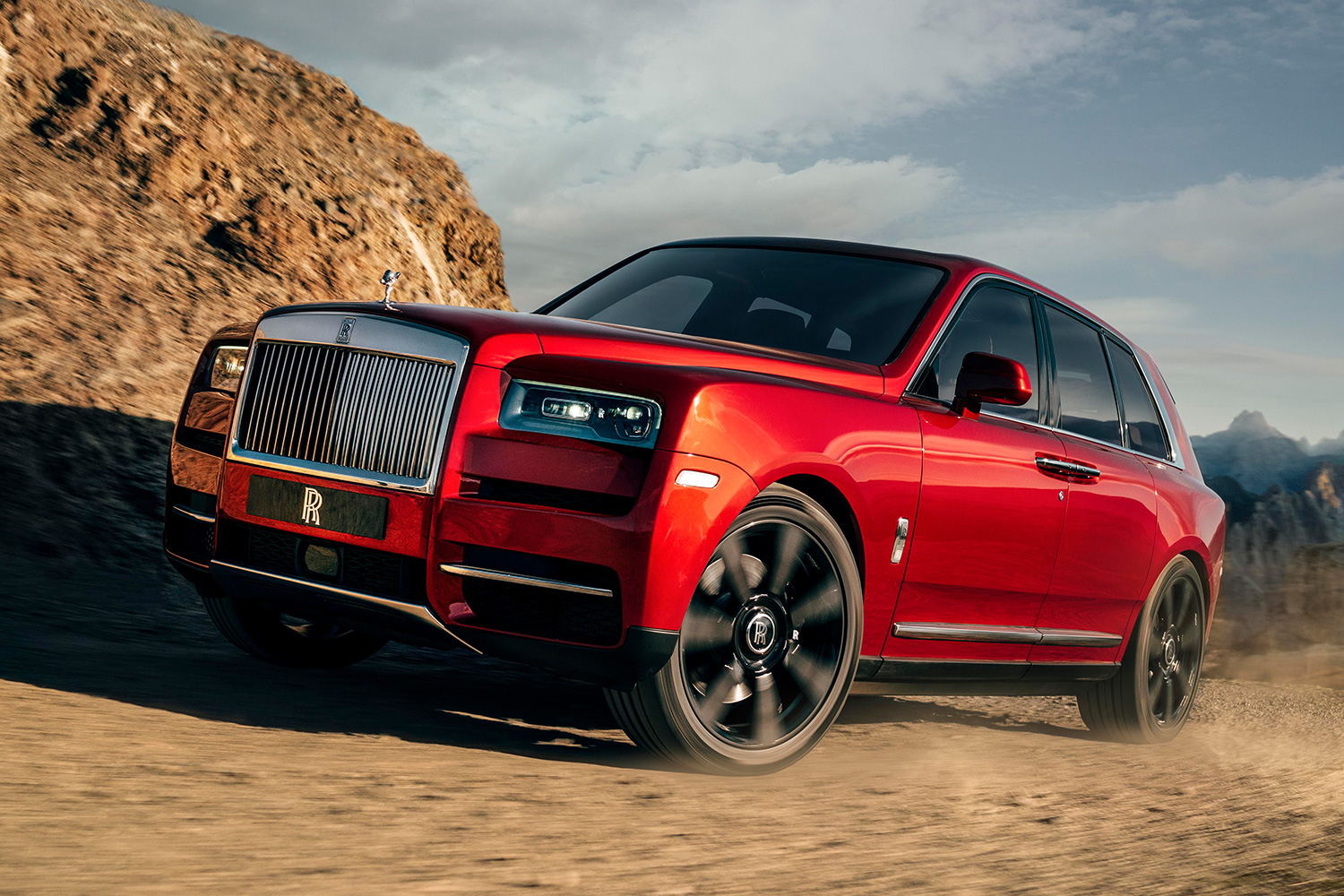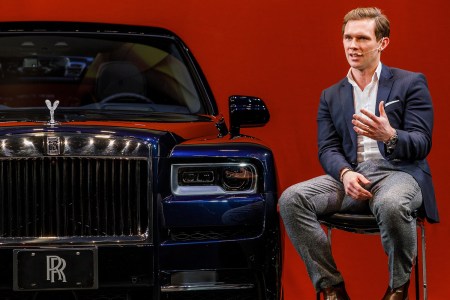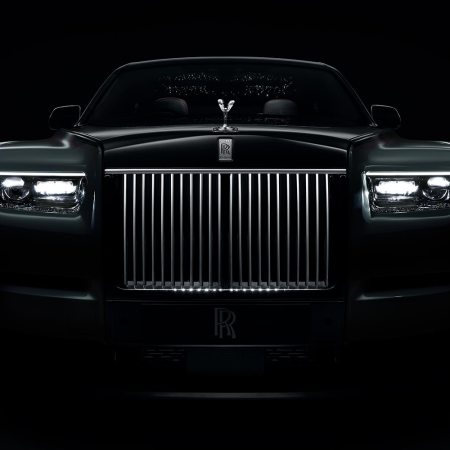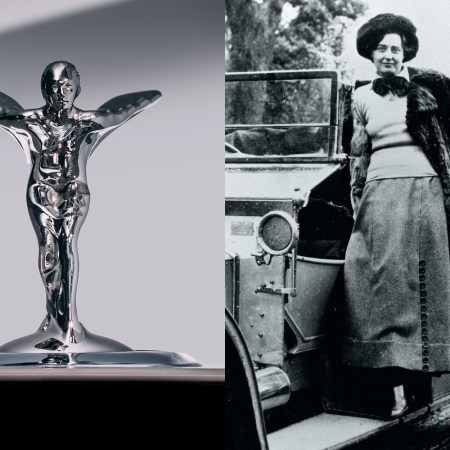When Torsten Müller-Ötvös took up his post as CEO of Rolls-Royce Motor Cars, he had great timing. It was 2010, and the luxury carmaker, which had seen growth stagnate partly as a result of the 2008 financial crisis, was on the upswing. At the end of his first year, worldwide sales had jumped from 1,002 cars the previous year to a whopping 2,711 vehicles.
“We begin 2011 with a sustainable business model, a flexible workforce and great confidence in the future success of our company,” Müller-Ötvös said at the time.
On Thursday, Rolls-Royce announced the impending retirement of Müller-Ötvös, ending an almost 14-year tenure that saw the British automaker achieve a level of success no one could have predicted, even after that auspicious beginning. Since 2009, the company has seen a sixfold increase in sales (they sold 6,021 vehicles in 2022) and rejuvenation of its customer base, with the average client age dropping from 56 in 2010 to 43 today, according to Rolls-Royce.
Oliver Zipse, CEO of Rolls-Royce parent company BMW Group, attributes much of this success to the specific skill set of Müller-Ötvös. “Torsten’s outstanding leadership, unswerving commitment, clear vision and exceptional ability to build a strong, focused team have helped make Rolls-Royce the world-class luxury brand it is today,” Zipse said in a statement.
Inside the World of Rolls-Royce Bespoke: From Hand-Built Cars to Titanium Cup Holders
“We very rarely have to say no to anything,” says Michael Bryden, lead designer in the bespoke divisionThe key component of that vision was introducing a wide-ranging lineup of vehicles that changed Rolls-Royce from a company that was upholding its own status quo, to one that pushed the boundaries in a way that simultaneously excited a new swath of buyers and ruffled the feathers of others. When Müller-Ötvös started, there were two models available for sale: the Phantom, a sedan whose history with the brand goes back to the 1920s; and the Ghost, a less expensive sedan that had just gone on sale in 2009. Today, the lineup is more diverse than ever, with customers even having the option to order a vehicle they design one-on-one with Rolls-Royce.
To see how exactly Müller-Ötvös changed the trajectory of one of the most storied brand’s in the automotive world, you have to look at the vehicles produced under his leadership. Here are the four that helped alter the fate of Rolls-Royce.

Black Badge (2016)
While all Rolls-Royce models are afforded some level of customization, the company’s Bespoke division allows buyers to add truly unique touches to their vehicles, from titanium cupholders to custom starscapes on the headliner. But in the 2010s, Rolls-Royce noticed more and more of its customers were taking their cars and customizing them to be darker, blacking out surfaces and giving them a meaner look — and they were taking them elsewhere to do it. To bring these designs back in-house, Rolls-Royce created a specific Black Badge division of its Bespoke department, which would not only cloak certain models in shadowy designs, but also bolstered the power and performance to reflect the aggressive styling. The Black Badge option proved so popular that, in 2021, it made up 27% of Rolls-Royce product commissions; it also set the stage for the company to be more attuned to eccentric customer requests. Today, it’s available in the U.S. on the Ghost and Cullinan models.

Sweptail (2017)
Rolls-Royce already serves the highest echelon of car owners in the world, but what happens when a particularly wealthy client wants something completely novel? Not just a bespoke version of a standard Phantom or Ghost, but a truly one-of-one vehicle? Rolls-Royce decided that they would indeed accept such a commission, and introduced the Sweptail in 2017. It became the most expensive new car in the world at the time, costing about $12.8 million. It also ignited such fervor that it led to the revival of the company’s coachbuilding program, where future limited-run vehicles would be designed in partnership with clients willing to spend millions of dollars for the ultimate in exclusivity. So far these models have included the Boat Tail and Droptail.

Cullinan (2018)
When Rolls-Royce announced it too would be joining other high-end automakers in attempting to cash in on the SUV craze, history be damned, the normal questions were raised. Will this hurt the brand’s luxury status? Can an SUV ever really be a Rolls-Royce? Will people actually go for it? Not only has the Cullinan, which was also the brand’s first all-wheel drive vehicle, been a success, but it was the fastest-selling new Rolls-Royce model in history, and in 2022 it remained the best-selling model for them when they hit their all-time sales high of over 6,000 vehicles. Yes, even Rolls-Royce relies on SUVs as a volume proposition these days.

Spectre (2023)
Rolls-Royce has ambitious goals to be 100% electric by 2030, and that charge begins in the final quarter of 2023. After announcing their first EV, named Spectre, in 2021, the marque is set to begin its first deliveries before the end of the year. Despite a starting price of $420,000 (which is still less than the entry-level Phantom), Rolls-Royce is saying strong demand for their first fully-electric vehicle is leading to longer than normal wait times, with customers who order a Spectre today reportedly looking at delivery of sometime in 2025. To accommodate increased EV production, Rolls-Royce is currently in the process of expanding the facilities at its Goodwood plant in England.
After Müller-Ötvös officially leaves his post on November 30, he will be succeeded by Chris Brownridge, the current CEO of BMW U.K. So what does a luxury automotive exec do once he retires?
“I look forward to the opportunity for new professional challenges,” he said, “as well as having a little more time to visit the world’s great fly-fishing rivers!”
This article was featured in the InsideHook newsletter. Sign up now.
























